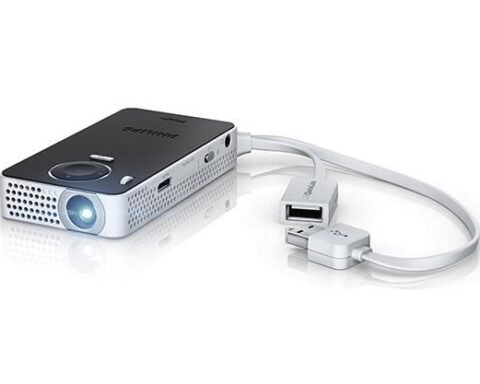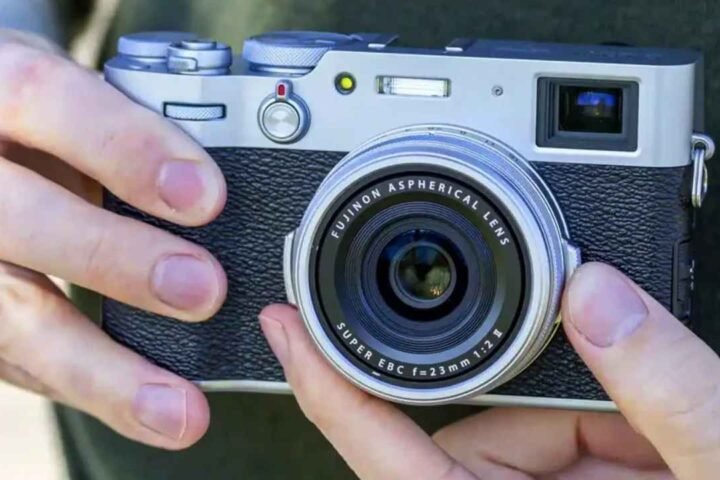Juicing is a popular way to add more fruits and vegetables to your daily diet. It’s a quick and tasty way to get more nutrients. A juicer can be a great addition to your kitchen if you’re a health nut, a busy professional, or someone who wants to start a wellness journey. But there are so many different types of juicers on the market that it can be hard to find the right one for your lifestyle. This article will help you choose the best juicer for you by taking into account your needs, preferences, and habits. It will make sure you make an informed choice that fits your goals.
Learning about the different kinds of juicers
The first step in picking a juicer is to learn about the different types, since each one has its own pros and cons. Centrifugal juicers, masticating juicers, and triturating juicers are the three main types. Citrus juicers are also a good choice for people who want to juice oranges, lemons, and other citrus fruits.
Juicers that use centrifugal force
The most common and cheapest type of juicer is the centrifugal one. They have a fast-spinning blade that shreds fruits and vegetables and a mesh filter that separates the juice from the pulp. Because they are quick and easy to use, these juicers are great for people who are just starting out or who are always on the go.
Pros: Quick juicing, cheap, easy to put together and clean.
Cons: It makes more noise, doesn’t work as well with leafy greens, and the juice doesn’t last as long because it oxidizes.
Best for: People who want things to be quick and easy, like busy professionals or families who need to make juice quickly.
Cold press or slow juicers that chew food
Masticating juicers use a slow, crushing action to get juice, which is like chewing. This method keeps more nutrients and enzymes, which makes juice of better quality with less foam and oxidation.
Pros: More juice, better for leafy greens and wheatgrass, juice lasts longer (up to 72 hours), and it runs more quietly.
Cons: It takes longer to juice, costs more, and has more parts to clean.
Best for: People who care about their health, people who juice a lot, or people who want to make nut milks and baby food.
Juicers with two gears that crush fruits and vegetables
Two interlocking gears in a triturating juicer grind fruits and vegetables very slowly, getting the most juice and nutrients out of them. They are the best and most effective juicers, but they cost a lot.
Pros: It makes the most juice, works well with all kinds of produce, and can be used for other things besides juicing, like making pasta.
Disadvantages: Costly, takes a lot of time to use and clean, and takes up a lot of space.
Ideal for: People who are really into juicing or who have specific health goals, like raw foodists.
Juicers for Citrus
Citrus juicers are made just for making juice from citrus fruits. They are small, cheap, and come in both manual and electric versions.
Pros: Easy to use, cheap, and easy to clean.
Cons: Only works with citrus fruits, not with other types of fruits and vegetables.
Best for: People who only want fresh orange or lemon juice or who only juice once in a while.
Evaluating Your Lifestyle and Juicing Objectives
Think about your lifestyle, how often you juice, and what you like to eat when choosing the best juicer. Here are some important things to think about:
How often will you make juice?
If you want to juice every day, it might be worth it to buy a high-quality, long-lasting juicer like a masticating or triturating model. Over time, these machines will save you money on produce because they keep more nutrients and give you bigger yields. If you only juice once in a while, a centrifugal or citrus juicer might be enough. They are less expensive and easier to take care of.
What kind of juice will you make?
The ingredients you like to use are a big part of choosing a juicer. A centrifugal juicer is a good choice if you mostly juice hard fruits and vegetables like apples, carrots, or beets. A masticating or triturating juicer is better for making green juices with kale, spinach, or celery because they are better at getting juice out of leafy greens and fibrous fruits and vegetables. If you love citrus, a separate citrus juicer is the easiest choice.
Time and Ease
Think about how much time you have to juice and clean up. If you’re busy, centrifugal juicers are the best choice because they’re the easiest to use and clean. Masticating and triturating juicers have more complicated parts, so they take longer to prepare (cutting up fruits and vegetables) and clean. Look for models with dishwasher-safe parts or self-cleaning features if you want to make things easier.
Price: Juicers can cost anywhere from $50 to more than $1,000. Make a budget based on how often you juice and what you want to get out of it. Entry-level centrifugal juicers are great for people who are just starting out, and mid-range masticating juicers are a good mix of quality and price. If you want to juice for a long time, a high-end triturating juicer is the best choice. Don’t forget to think about how much the fruits and vegetables will cost. Juicing can be expensive, especially if you choose organic ingredients.
Limited Space
Another practical thing to think about is how much space you have on your kitchen counter. Centrifugal and citrus juicers are usually small, while masticating and triturating juicers are bigger and heavier. If you don’t have a lot of space, choose a juicer that is light and easy to move or one that comes apart easily.
Extra Features
Some juicers can do more than just juice; they can also make nut butters, sorbets, and pasta. If you want a juicer that can do more than just juice, masticating and triturating juicers often come with attachments for these tasks. Before you buy a juicer, make sure it has the features you want.
Important Things to Look For
After you’ve decided on the type of juicer that works best for you, think about these features to make sure you get the most out of your purchase:
Quality and amount of juice
Juicers that masticate and triturate usually make more juice and keep more nutrients than centrifugal models. Slow juicers are the best choice if you want to get the most juice and the best quality. Reviews of tests or user feedback on X or other platforms can give you a good idea of how well a model works in the real world.
Cleaning is easy
Cleaning a juicer can take a long time, so look for models with fewer parts or parts that can go in the dishwasher. Some juicers come with brushes for cleaning or functions that clean themselves to make maintenance easier.
How loud it is
Centrifugal juicers are very loud, which could be a problem if you juice early in the morning or live in a small space. Masticating and triturating juicers are quieter than other types of juicers, which makes them better for places where noise is a problem.
Durability and Warranty
A longer warranty (5–10 years) shows that the maker is sure that the product will last. Long-lasting materials include stainless steel and plastic that doesn’t contain BPA. Look at customer reviews to see what they say about reliability and customer service.
Size of the feed chute
A wider feed chute cuts down on prep time because you can juice whole or bigger pieces of fruit and vegetables. Centrifugal juicers usually have bigger chutes, while masticating models may need more chopping.
Features that keep you safe
To avoid accidents and make sure the juicer works safely, look for ones with safety locks, non-slip feet, and overload protection.
Best Ways to Make Juicing Work
Follow these tips to get the most out of your juicer:
Start with simple recipes that use apples, carrots, and cucumbers if you’re new to juicing. Try greens and more complicated combinations little by little.
Buy fresh fruits and vegetables: Fresh, high-quality fruits and vegetables make better juice. For cleaner juice, shop at local markets or look for organic options.
Clean Right Away: Rinse the parts of the juicer right after you use it to keep the pulp from drying and sticking, which makes cleaning up easier.
Store Properly: To get the most nutrients, drink juice right away. If you can’t do that, store it in an airtight container in the fridge for 24 to 72 hours, depending on the type of juicer you have.
Mix It Up: Change the ingredients to make sure you’re getting a good mix of nutrients and keep the flavors interesting.
Making the Last Choice
Think about what’s most important to you when choosing a juicer. If you want a juicer that is fast and cheap, the Breville Juice Fountain is a good choice. If you want juice that is full of nutrients and can be used in many ways, think about getting a masticating juicer like the Omega NC900HDC. If you really like juicing, you might want to buy a triturating juicer like the Greenstar Elite. The Black+Decker Citrus Juicer is great for juicing only citrus fruits.
Read reviews, watch demo videos, or look at discussions on sites like X to find out how real users feel about certain models. Look for deals or bundles that come with things like juice containers or recipe books, and compare prices at different stores.
In conclusion
To find the best juicer machine for your lifestyle, you need to think carefully about your juicing goals, your budget, and your daily routine. You can find a juicer that fits perfectly into your life by learning about the different types, figuring out what you need, and looking at the most important features. The right juicer will make the process fun and rewarding, whether you’re making fresh orange juice on the weekends or green juices full of nutrients every day. Get a juicer that fits with your health goals, and start enjoying the benefits of fresh, homemade juice right away.
























